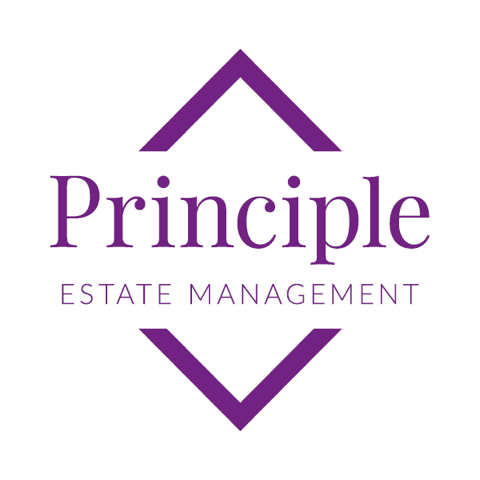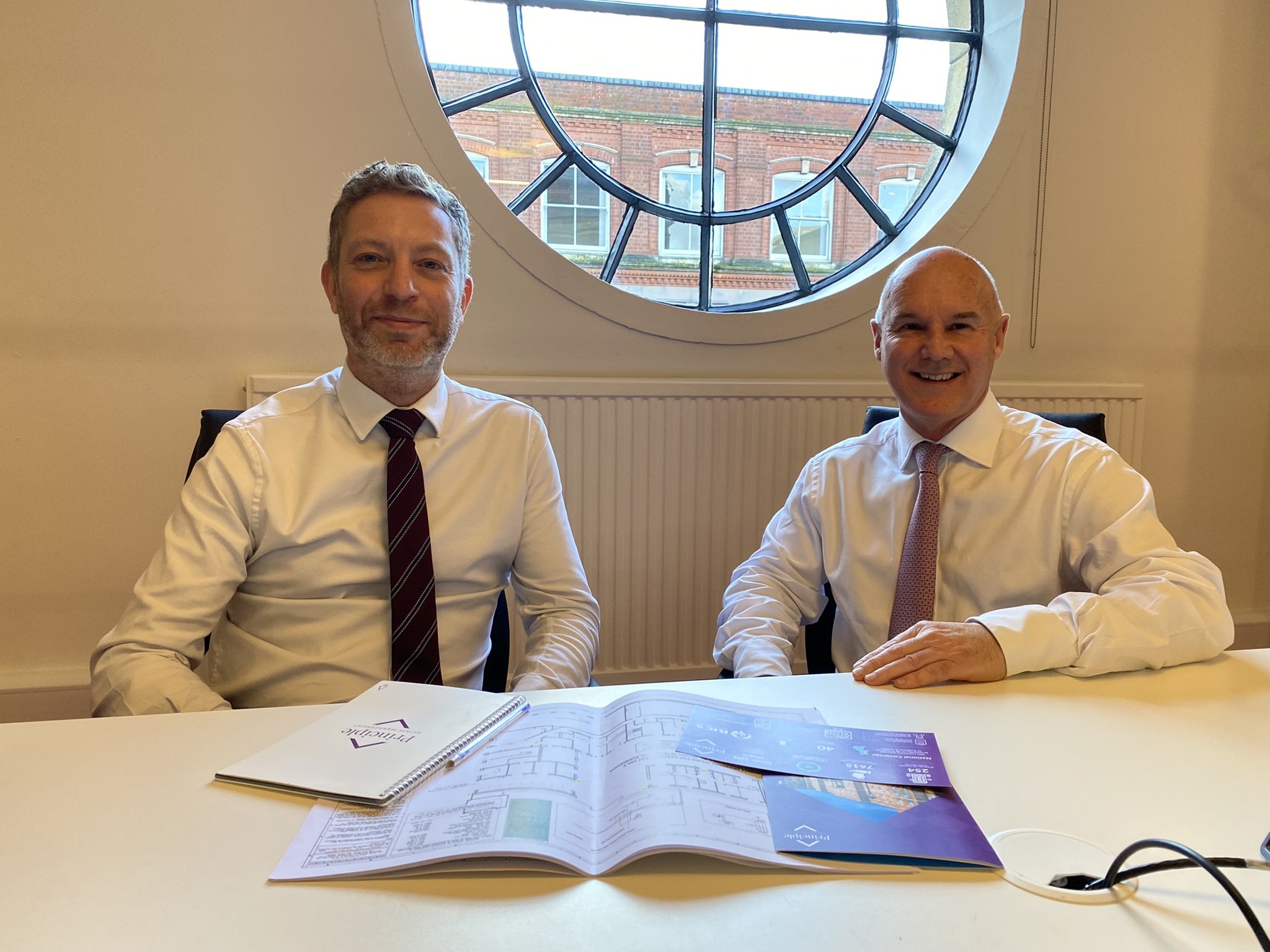Hear from our experts: The key factors for successful budgeting
Budgeting for the future management of residential property is becoming ever more complex, according to Bob Simonds, director at Principle Estate Management.
“If we look purely at the post-Grenfell increased requirements for fire safety work in buildings of all shapes and sizes, then the scale of the issue becomes clear,” he said.
“This is an area that is only likely to become more demanding in years to come and needs to be accounted for at the budget preparation stage.”
He said that accurate and realistic budgeting would always be the foundation of good property management, and that it was important that property managers did not shy away from having difficult conversations with clients and customers.
“We approach budgeting professionally and if, in our view, a budget needs to be increased to meet the current and future needs of a development, it is absolutely vital we make that clear at the earliest stage of the discussions.”
He pointed out that in relation to leasehold flats, the lease is the starting point as the covenants will stipulate what can and cannot be included in the service charge budget.
“The budget is essentially an estimate of expenditure and we recognise there will often be work required during the financial year which cannot have been anticipated. At Principle Estate Management, our property managers regularly monitor expenditure for each site they manage, to ensure that where possible we are on track to achieve budget and if not will take steps where possible to head off any cash flow issues.”
He said it was vital to engage fully with clients, the residential management committee and freeholders, to meet their expectations around the budgeting process, and that at Principle, they always engage with residents’ associations to ensure they are involved in the process and that their views are considered.
Senior associate director Andrew Winstanley said: “The most difficult part of the budget process is ensuring reserve fund contributions for future major works are realistic.
“To this end, and subject to our clients’ instructions, we are in the process of providing long term maintenance plans for all sites within our management. For the most part, these are carried out by our in-house chartered building surveyor.
“In anticipation of the increased requirements for fire safety work to buildings of all shapes and sizes in the coming years, we are, subject to client instructions, ensuring that an appropriate allowance is added to the reserve fund contribution for such works.”
He pointed out that ARMA, the leading trade body for residential leasehold management, regularly issues guidance notes and has issued a Fire Safety Management in Flats guidance note for members.
“When budgeting on new build developments and therefore without the benefit of known expenditure, numerous assumptions need to be made and clearly relayed to the client.
“We liaise with the housebuilders’ architectural team and technical team. Although time consuming for the developer, the more information they can provide the better regarding the specification of a development, whether it be an apartment building or the public open space/ amenity area with SuDs – a sustainable drainage system.
“On new build schemes the budget needs to remain flexible as the specifications invariably change, particularly on phased schemes, as the development progresses to the point where it is fixed and adopted by the developer’s sales teams. We normally review budgets on an annual basis,” he said.
And the recent announcement that all new homes and buildings will be required to install electric vehicle charging points from next year will also add to the planning and budgeting process, he pointed out.
Bob Simonds summed up: “Budgeting for the management of residential property is not a formula set in stone but must be a flexible process that not only appreciates historic data but also makes realistic assumptions on future requirements and costs.”
Principle, whose directors are all experienced chartered surveyors, is a full and active member of the Association of Residential Managing Agents.
For more details of Principle’s budget planning service, developers, freeholders and management committees can contact Mr Simonds on 0777 575 0399 or email him at RSimonds@PrincipleEstate.co.uk

